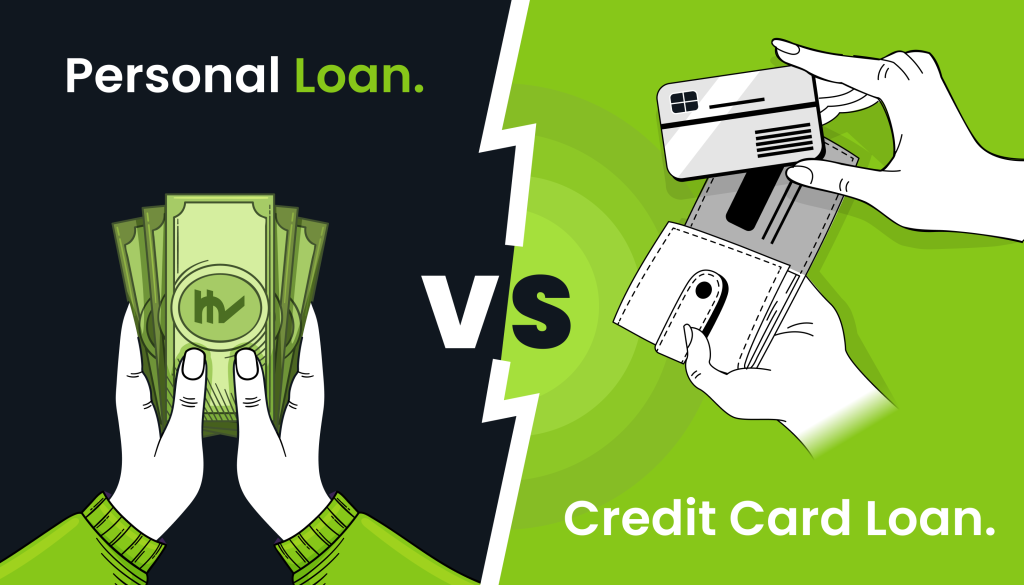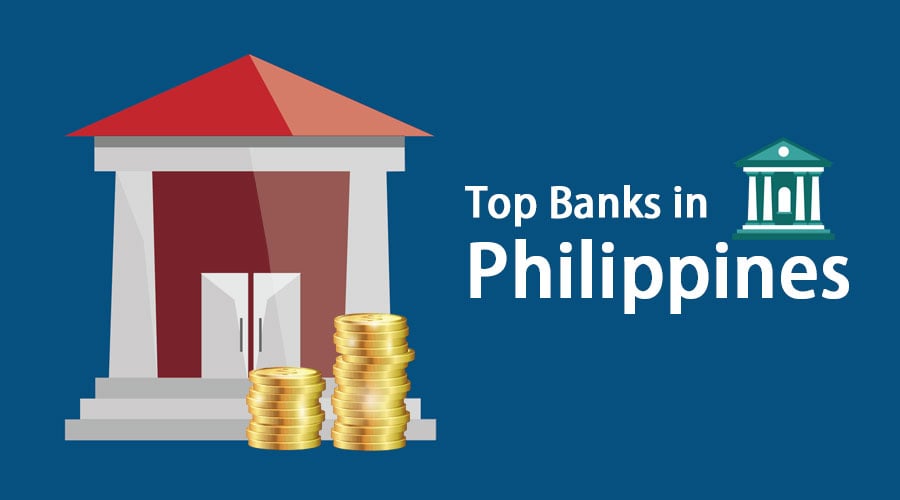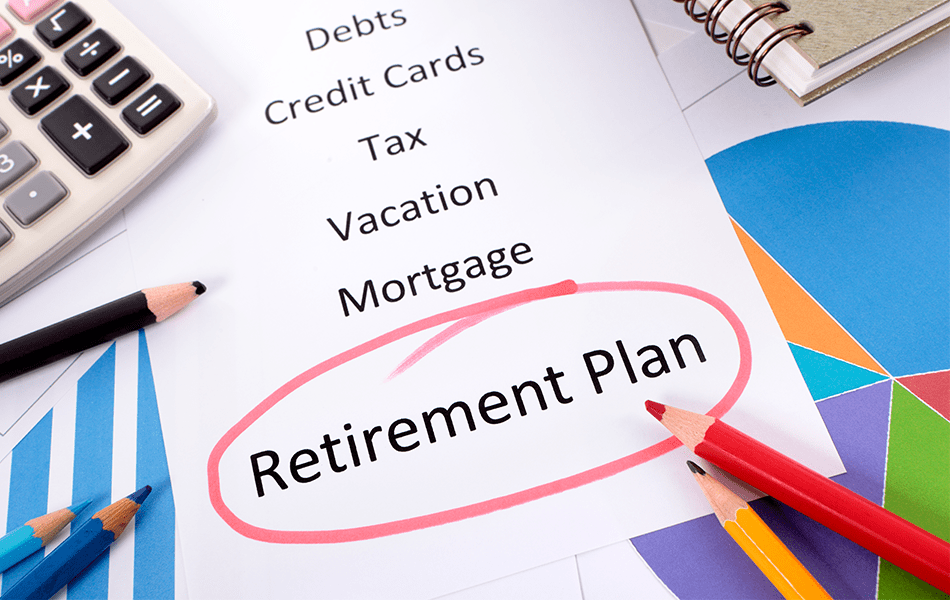When an urgent financial need arises, two common options for accessing quick cash are a personal loan and a credit card cash advance. While both can provide immediate funds, they are fundamentally different financial products with distinct features, benefits, and drawbacks. Choosing the right one can save you a significant amount of money and prevent you from falling into a debt trap. This detailed comparison will help you understand the differences and make an informed decision based on your financial situation.
I. Understanding the Basics
Before diving into the comparison, it’s essential to understand what each product is.
1. Personal Loan
A personal loan is a type of installment loan where a lender provides you with a fixed amount of money in a single lump sum. You repay the loan over a set period (the loan term) with fixed monthly payments. Personal loans are typically unsecured, meaning they do not require collateral like a house or a car. The approval is based on your creditworthiness, income, and financial history.
- Key Characteristics:
- Lump Sum: You receive the full amount you need upfront.
- Fixed Interest Rate: The interest rate and monthly payments are fixed for the entire loan term.
- Longer Repayment Period: The repayment term can range from a few months to several years.
- Lower Interest Rate: Personal loan interest rates are generally lower than those of credit card cash advances.
2. Credit Card Cash Advance
A credit card cash advance allows you to withdraw a portion of your credit card’s available credit limit as cash from an ATM or a bank. It’s essentially a short-term, high-cost loan against your credit limit. Unlike a personal loan, it does not involve a separate application process if you already have a credit card.
- Key Characteristics:
- Revolving Credit: You can borrow and repay funds as needed, up to your credit limit.
- Higher Interest Rate: The interest rate for cash advances is almost always significantly higher than for regular credit card purchases.
- Immediate Interest Accrual: Interest starts accruing from the moment you take out the cash advance, with no grace period.
- Additional Fees: A cash advance fee, typically 3-5% of the transaction amount, is charged on top of the interest.
II. Head-to-Head Comparison: Personal Loan vs. Credit Card Cash Advance
III. When to Choose a Personal Loan
A personal loan is a better option if you need a large amount of money for a planned expense and have time for the application process. It’s the go-to solution for:
- Debt Consolidation: Consolidating high-interest credit card debt into a single, lower-interest loan.
- Home Renovation: Funding a major home improvement project.
- Major Life Events: Paying for a wedding, a big vacation, or an education.
- Emergencies: When the cost of a medical emergency is substantial and you have a good credit score to get a favorable interest rate.
The lower, fixed interest rate and structured repayment schedule provide clarity and help you get out of debt more efficiently.
IV. When to Choose a Credit Card Cash Advance
A credit card cash advance should be considered a last resort due to its high costs. It is only suitable for small, true emergencies where you need cash instantly and have no other options. Examples include:
- Immediate, Small Cash Needs: Paying a bill at a place that only accepts cash.
- No Time for Application: When you need a small amount of money and a personal loan application is not fast enough.
Before taking a cash advance, ensure you have a clear plan to repay the debt as quickly as possible to avoid spiraling interest costs.
Conclusion
The choice between a personal loan and a credit card cash advance is a significant financial decision. A personal loan is the smarter choice for large, planned expenses, offering lower interest rates and a clear repayment schedule. Conversely, a credit card cash advance should be considered a last resort due to its extremely high cost. By equipping yourself with a solid understanding of these financial products, you can make informed decisions, protect your personal finances, and work towards a prosperous future.













